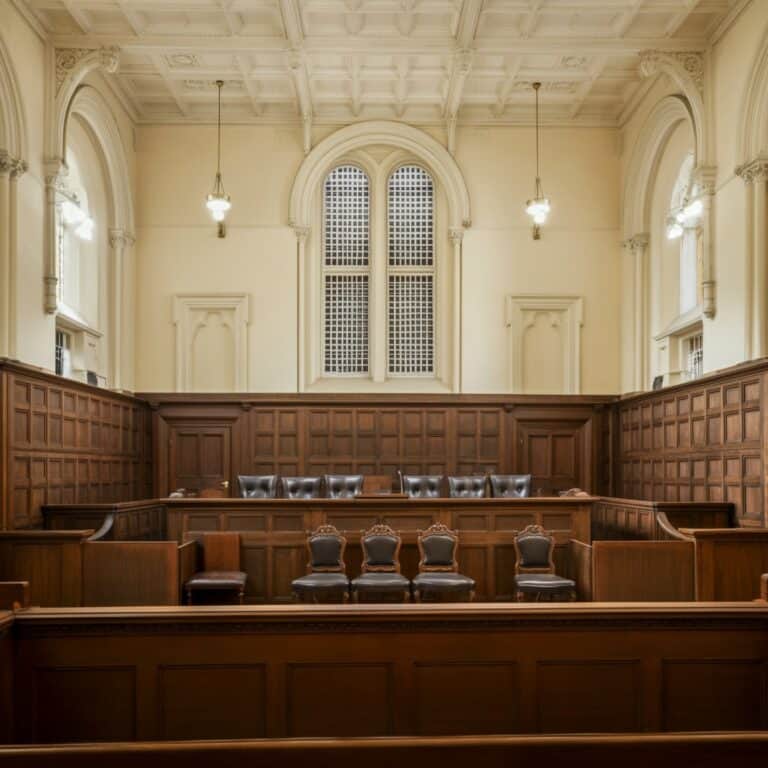Bringing a claim for compensation following a fatal accident
At Bolt Burdon Kemp, we have a team of professional and compassionate lawyers who have helped bereaved clients obtain the compensation that they are entitled to following a variety of fatal accidents, including road traffic accidents and accidents at work.
In order to bring a successful claim for compensation following a fatal accident, you must prove that the person who caused the accident was negligent. This might mean proving another car driver drove negligently or that an employer wrongly exposed the person who died to a dangerous situation.
If there is a chance of proving that someone else caused the accident, then there are different legal routes that you can take to obtaining compensation for you and your family.
Why claim for compensation following a fatal accident?
Losing someone close is incredibly difficult. For many, starting a fatal accident compensation claim is a key step when dealing with the loss of a loved one. It can help you process what has happened in a supportive environment, while ensuring lessons are learned. This way, accidents can be avoided in the future.
If you relied on that person financially, your situation can be even more stressful and uncertain as your financial stability is called into question. Claiming for compensation can lead to a pay-out which can help to support you after they are gone.
Additionally, claiming for compensation can assist in funding funeral costs, legal fees and other expenses associated with their passing. If you owned a home together, it could help to secure that too.
How can I claim compensation for a fatal accident?
To successfully claim for compensation following a fatal accident, you must prove that the person who caused the accident was negligent. This might mean proving that another road user drove negligently or that an employer wrongly exposed the deceased to a dangerous situation.
If there is a chance that you can prove that someone else caused the accident, there are different legal routes that you can take to obtain compensation for you and your family.
There are two main kinds of claim that a family or those left behind can bring:
- A claim brought on behalf of the person that has died (the ‘deceased’s estate’), or
- Claims made in their own right by family and dependants left behind. They must in some way have relied financially on the person who has died
A limited number of close relatives can also claim for their bereavement.
Can the deceased’s estate claim?
The deceased’s estate is the property and assets that they left behind when they died. If, at the time of their death, they had a claim for compensation, then that right to claim forms part of the estate.
Anyone entitled to bring a claim on behalf of the estate can claim for the compensation that the deceased person would have been entitled to had they survived. The types of compensation that can be claimed include the following:-
- A claim brought on behalf of the person that has died (the ‘deceased’s estate’)
- Claims made by family and dependents left behind. They must have relied financially on the person who has died in some way.
A limited number of close relatives can also claim for their bereavement.
Can the deceased’s estate claim?
The deceased’s estate is the property and assets that they left behind when they died. If, at the time of their death, they had a claim for compensation, then that right to claim forms part of the estate. Fatal accident claims can also fall into this category.
Anyone entitled to bring a claim on behalf of the estate can claim for the compensation to which the deceased person would have been entitled had they survived.
Can the deceased’s dependents claim?
Dependents of the deceased can claim for the financial support that they would have received from the person who has died, including from their earnings, pension or other income. Even if there was no financial relationship prior to the person’s death, the person bringing the claim (the claimant) may still be able to claim.
To recover this compensation, the claimant must show that they had a ‘reasonable expectation’ of financial benefit from the deceased. They also need to show that the chance of receiving some financial benefit was ‘substantial’, rather than just a possibility. Our solicitors can advise you as to how a loss of financial support can be proved and calculate this loss on your behalf.
In addition to the loss of financial support, a claim may be made for the loss of the deceased’s services. This can include things like helping around the house, gardening, DIY and even their services as a parent.
To successfully bring a claim for any loss of dependency, the claimant must be one of the following people:
- The spouse or former spouse of the deceased
- The civil partner or former civil partner of the deceased
- Anyone who was cohabiting with the deceased, effectively as a spouse, and was doing so for a period of at least two years prior to death
- Any parent or other ascendent of the deceased
- Any person who was treated by the deceased as their parent
- Any child or other descendent
- Any person (who is not a child) who, in the case of any marriage to which the deceased was at any time a party, was treated by the deceased as a child
- Any sibling, uncle or aunt.
In addition to financial dependency, claims for ‘loss of love and affection’ are also possible where the services previously provided by the deceased were over and above those that could be provided by a housekeeper or nanny.
Why choose Bolt Burdon Kemp?
At Bolt Burdon Kemp, we have a team of professional and compassionate lawyers who have helped bereaved clients to obtain the compensation to which they are entitled following a variety of fatal accidents, including road traffic accidents and accidents at work.
With over three decades’ experience in helping families and estates to claim for fatal accident compensation, you can rely on us to guide you through what can be a difficult process. We may be able to offer our services on a ‘no win no fee’ basis and, thanks to our client-focused service, we’ve been lauded by the likes of the Legal 500 and Chambers and Partners.
What types of fatal injuries can be claimed for?
Fatal accidents can occur due to all manner of factors, including accidents, malpractice and negligence. Our expert fatal injury claims solicitors have worked across a whole host of scenarios and areas of the law, so they are ready to fight your corner.





















